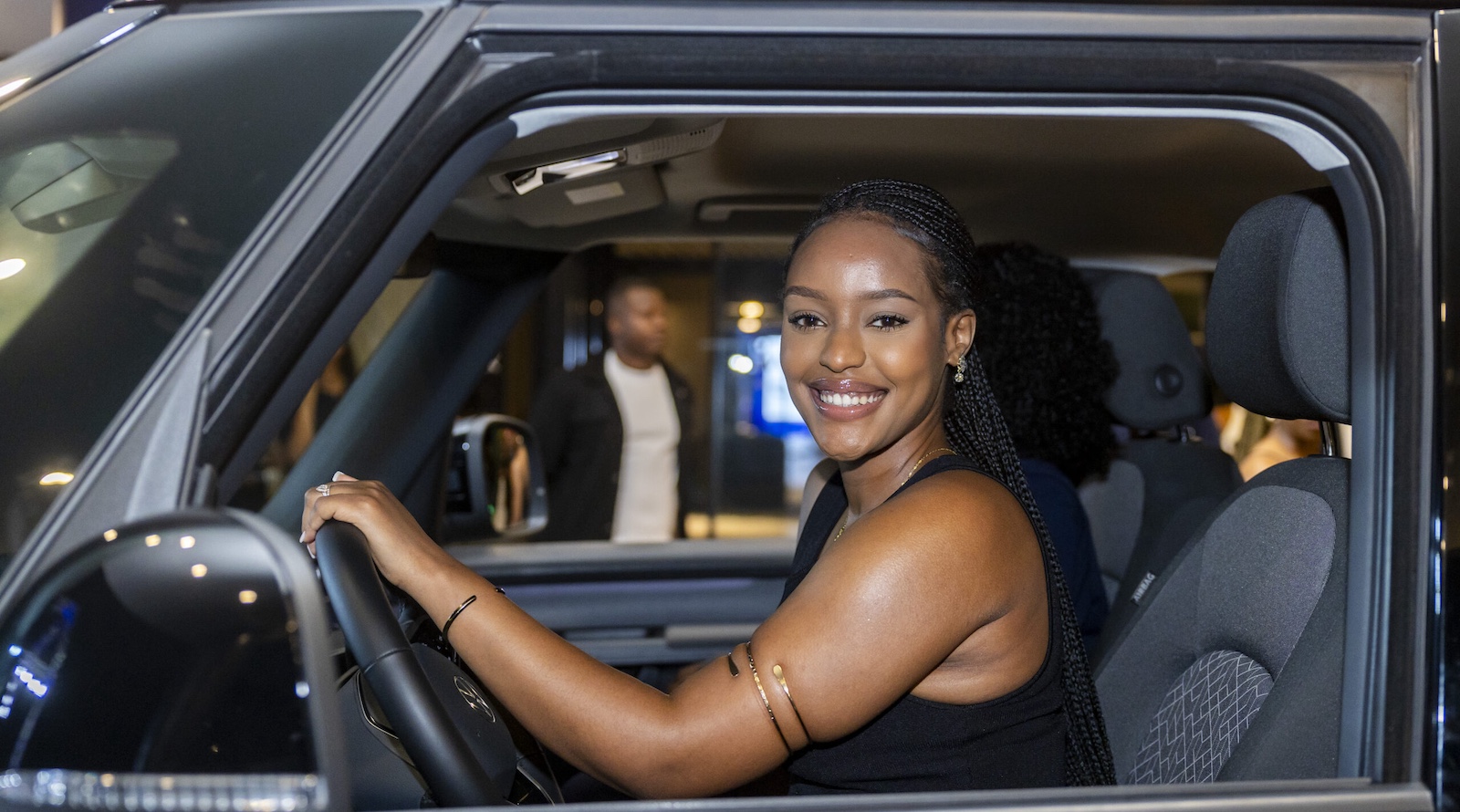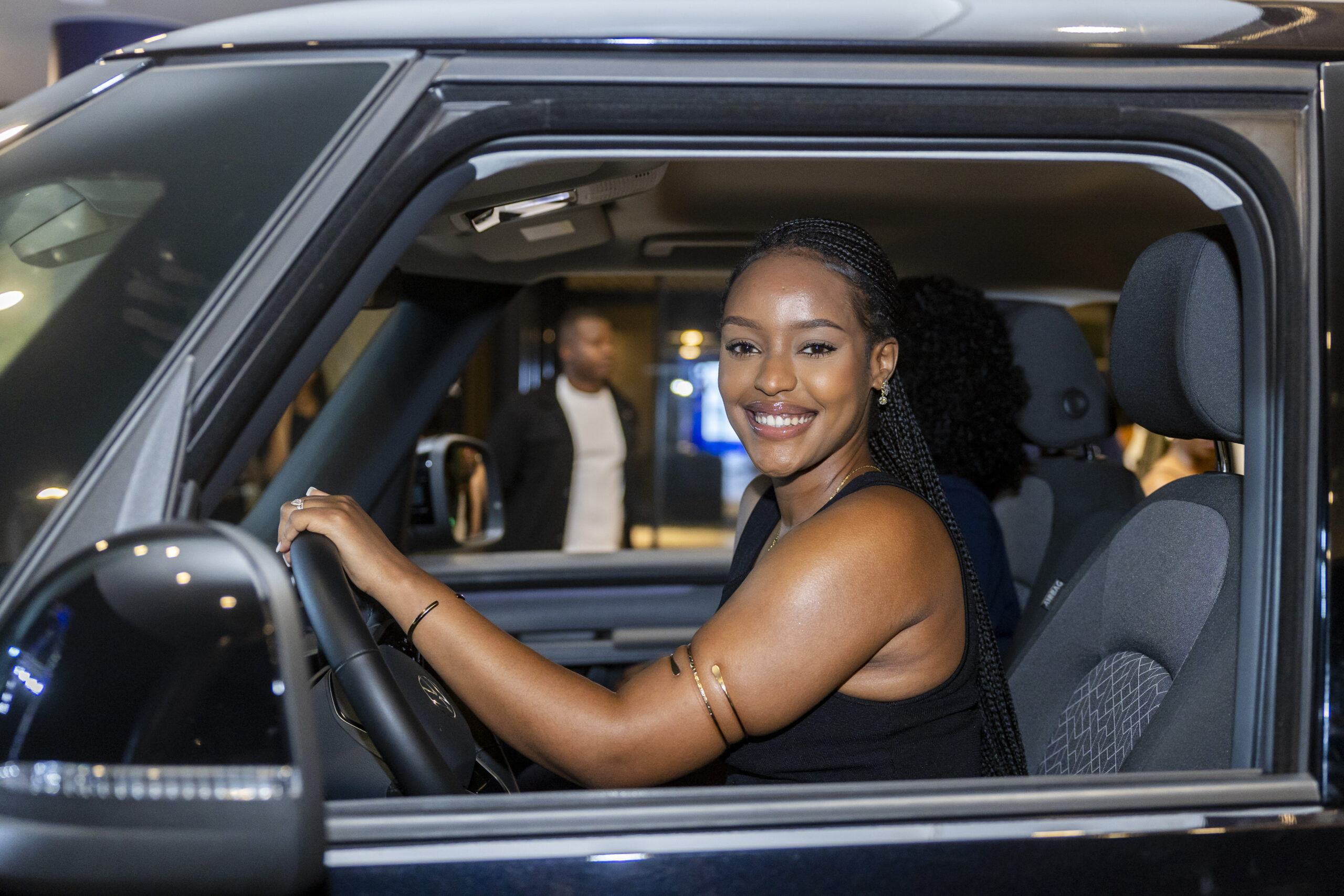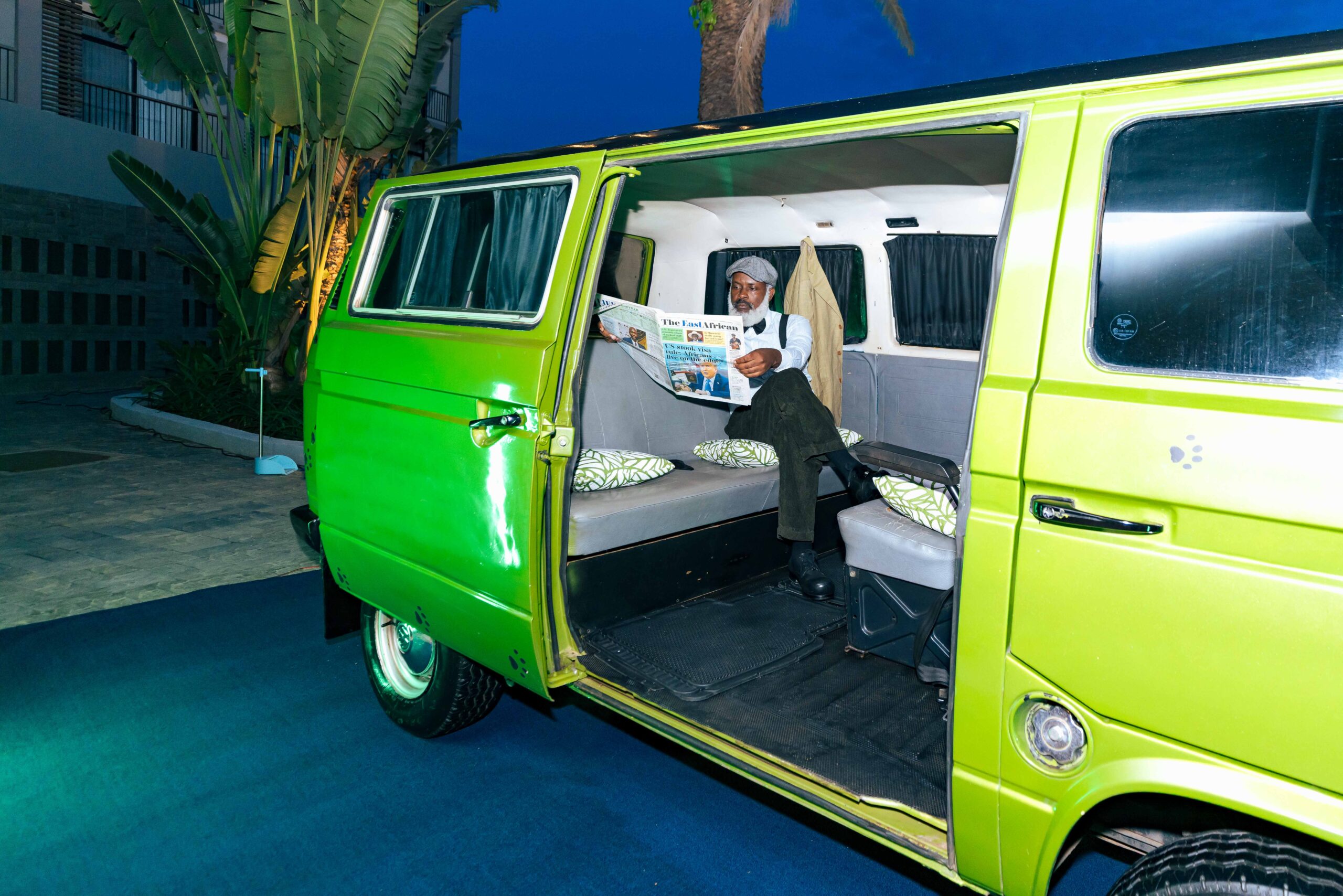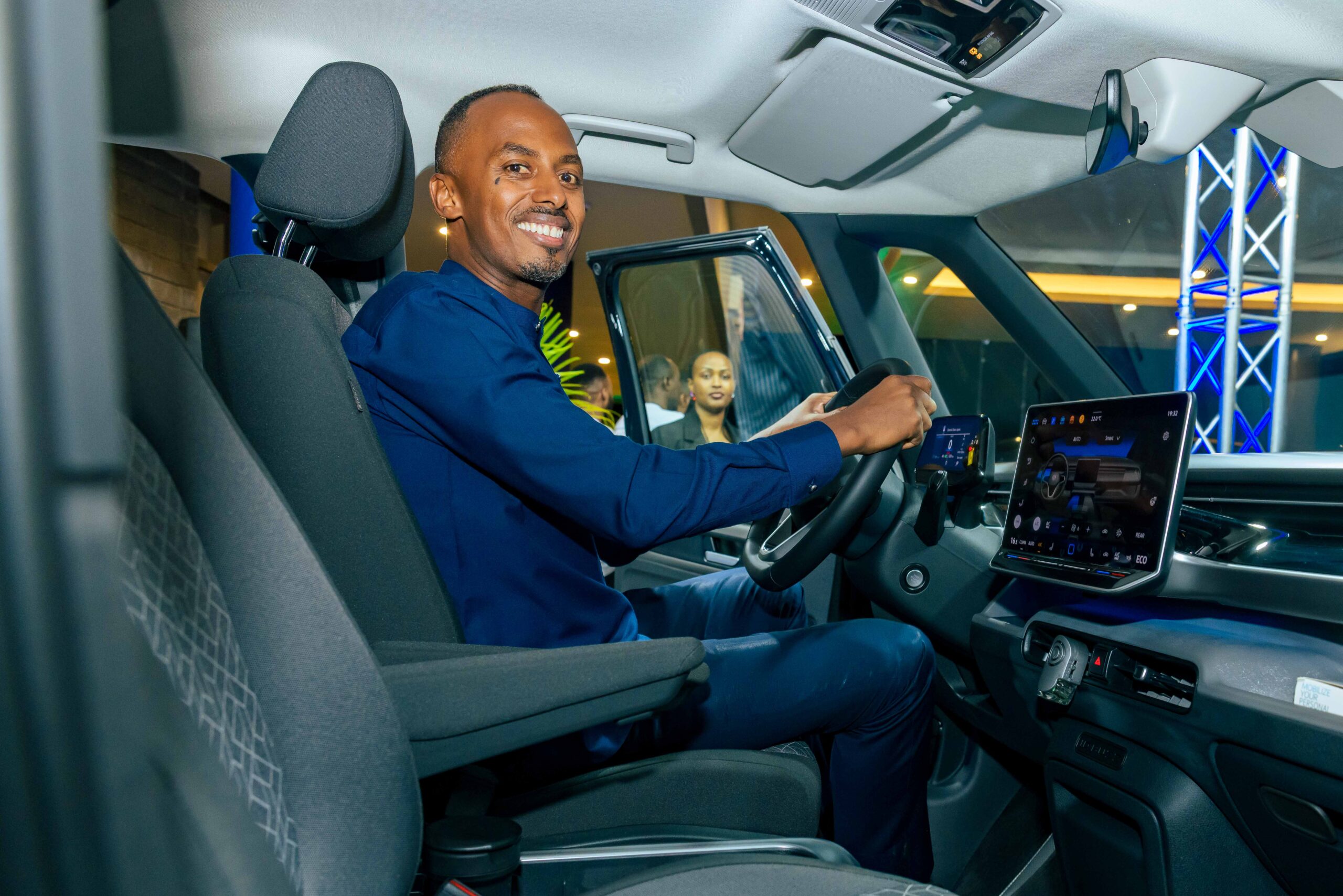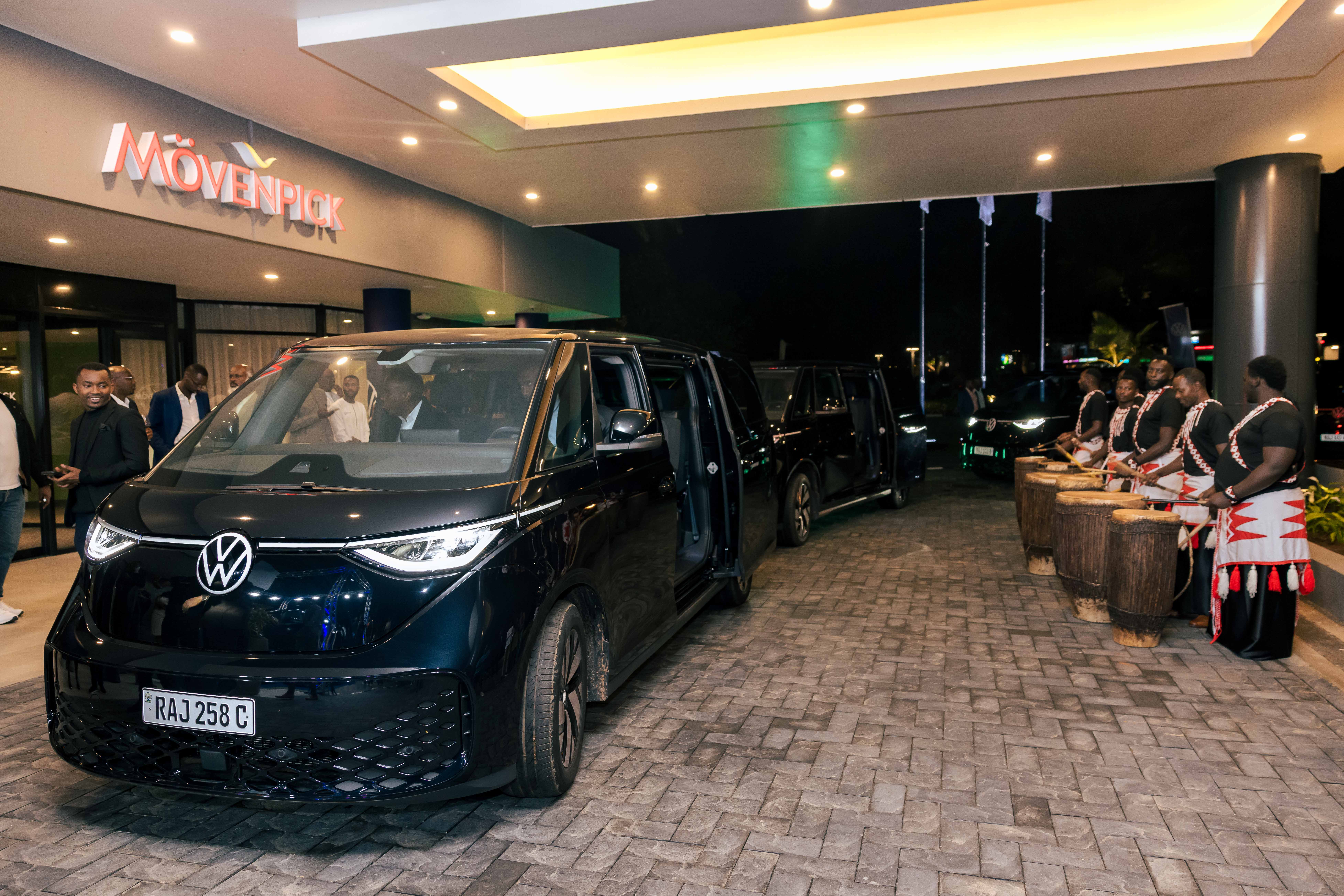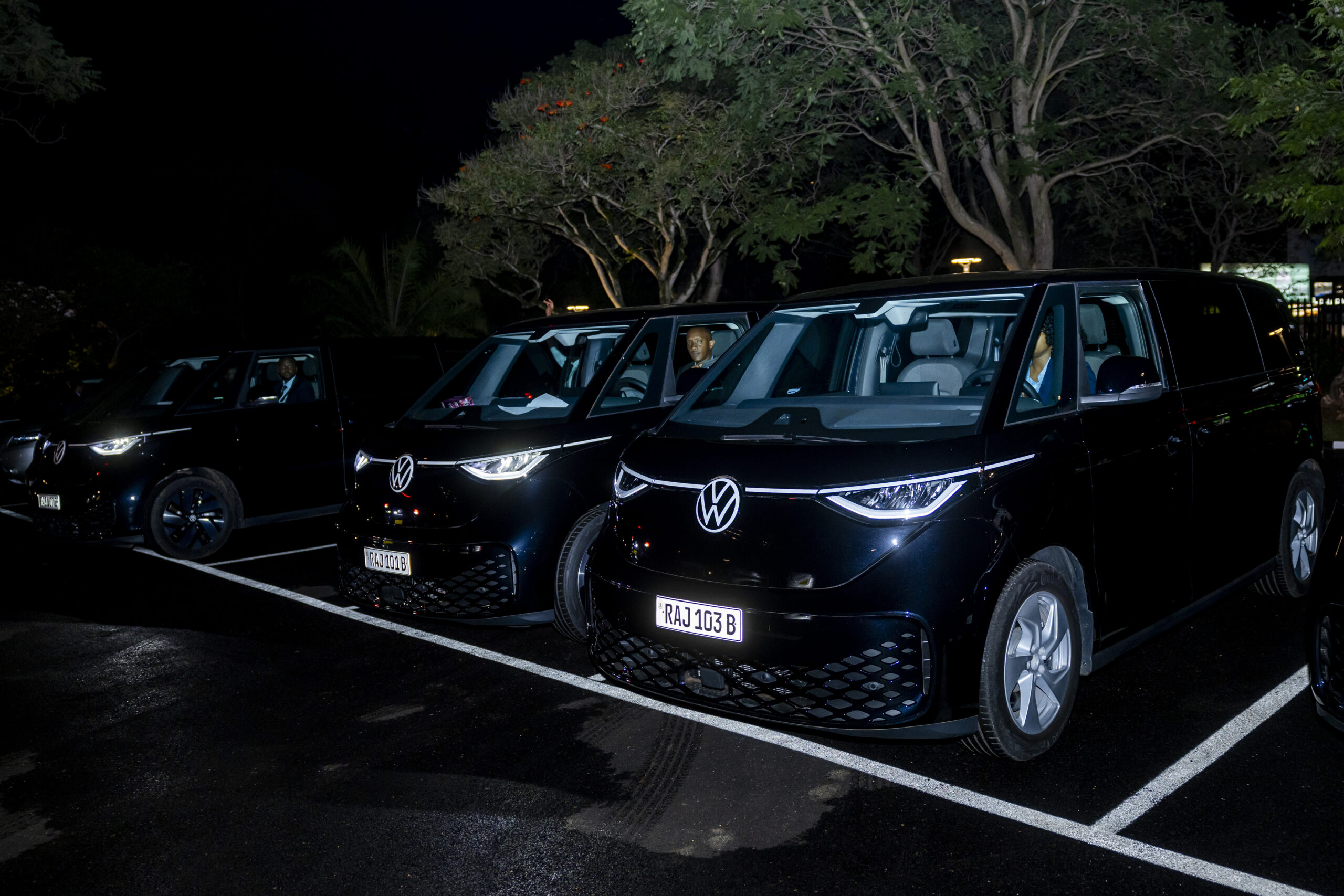Support CleanTechnica’s work through a Substack subscription or on Stripe.
Volkswagen Mobility Solutions Rwanda has launched a pilot fleet of 10 units of the ID. Buzz. These come in a 7 seat configuration, which is ideal for most corporate, family, tourism, and urban mobility requirements. With up to 200 kW DC rapid charging, along with 11 kW on the AC side, a 91 kWh battery pack (86 kWh usable) that ensures a real-world range of close to 480 km in city driving conditions, the ID. Buzz is placed to meet most corporate shuttle, tourism, family, and general mobility needs.
A reinvention of the iconic and beloved VW Kombi, VW Mobility Solutions Rwanda says the ID. Buzz is a vehicle rooted in history but powered by tomorrow’s tech. A lot of people have fond memories of experiences in a VW Kombi, including myself. I remember when I was in junior school, we used to go to watch movies at the drive-in cinema in Mutare, Zimbabwe, in a VW Kombi, as it would allow all of us to fit in one vehicle. Those days, at the drive-in cinema, the evening would start with previews of upcoming movies, then an intermission where people could go and get food and snacks from the diner and then go back to watch the movie whilst enjoying snacks in the Kombi. There would be another intermission halfway through the movie for more snacks, etc. Those were the days! Imagine experiencing all that and more in an ID. Buzz.
Back to the ID. Buzz in Rwanda. VW Mobility Solutions Rwanda adds that the vehicle was not just designed for efficiency, but also to offer a compelling experience. As one of the first countries on the African continent to unveil the ID. Buzz, Rwanda, joins a global movement that is blending iconic design with electric innovation. The ID. Buzz fleet is now open to anyone in Rwanda to rent, from individuals to corporate and government departments.
It’s great that the ID. Buzz has now joined the Volkswagen Mobility Solutions fleet, adding more diversity and flexibility for users on the platform. Volkswagen Mobility Solutions says its platform provides multiple solutions to suit everyday mobility needs. These services are available on the VW Move app. Volkswagen Mobility Services Rwanda strongly believes in the power of shared mobility services to transform the transport landscape on the continent. Shared mobility services have the potential to empower businesses and communities on a continent with low levels of motorisation through best fit usership models. Mobility services offer new cars on demand, and those cars are sold as used vehicles after 2–3 years, at a price point that local communities can afford in markets where used vehicle imports are generally dominant.
In Rwanda, mobility services account for 42% of new car sales. The government in Rwanda has a zero fleet policy which helps to build up demand for mobility services. Several reports show that Africa’s 1.1 billion citizens will likely double in number by 2050, but more than 50% will be younger than 25 years, most will not be prospective clients for buying new cars but will be users of mobility services. Hence mobility services stand to play a key role on the African continent. To put this population dynamic into context, in contrast, in Germany, the average age of a new car buyer is 53 years.
In general, mobility service companies are better placed to buy new vehicles due to bulk orders and financing opportunities. For offtakers, the operating lease and similar models also help them lower their operational costs and allows them to focus on their core business, and not become transport operators themselves. Share mobility service companies have big potential in underserved markets on the continent.
It’s also great to see Volkswagen Mobility Solutions promoting electric vehicles in Rwanda. Recently, Volkswagen signed on to be the official mobility solutions partner for the UCI Road World Championships, held in Kigali, Rwanda, just over a month ago. The event, which welcomed around 1000 cyclists, was being held in Africa for the first time. Cycling is a popular sport in Rwanda. Volkswagen Mobility Solutions Rwanda (VWMSR) provided over 100 vehicles for the event. These vehicles were used as transport for teams, officials, and logistics staff throughout the championship. Part of the fleet for this event included the VW ID.4 electric SUV, and Volkswagen says this reflects Volkswagen’s vision for modern, sustainable, and accessible mobility in Rwanda and Africa.
Rwanda is one of the most progressive countries on the African continent when it comes to promoting electric mobility. Rwanda has set some good targets for 2030, including:
- 20% of buses should be electric buses
- 30% of motorcycles should be electric motorcycles (Rwanda has gone even further and now only allows the registration of new electric motorcycles and no new ICE bike registrations)
- 25% of taxi cabs should be electric taxi cabs
- 25% of light-duty vehicles should be electric.
Of course, Rwanda was one of the first on the African continent to introduce fiscal and non-fiscal incentives for electric vehicles, including:
Fiscal Incentives:
- Electricity tariffs for charging stations capped at the industrial tariff. This means that charge point operators are billed at close to USD 10 cents/kWh instead of close to 20 cents/kWh.
- Electric vehicles benefit from reduced tariffs during off-peak periods.
- Electric vehicles, spare parts, batteries, and charging station equipment exempted from import and excise duties. All of these would also be treated as zero-rated VAT products and will also be exempt from withholding tax.
Non-Fiscal Incentives:
- Rent-free land for charging stations on land owned by the government.
- Provisions for EV charging stations in the building code and city planning rules.
- Green license plate to allow preferential parking for EVs and free entry into any future congestion zones.
- Access to dedicated bus lanes.
- Provide preference to electric vehicles for government hired vehicles.
- Regulate the importation of used vehicles by imposing an age limit.
- Establish restricted zones where only green vehicles can have access.
- Enforcement of existing emission standards to discourage the purchase of polluting vehicles.
Images courtesy of VW Mobility Solutions Rwanda
Sign up for CleanTechnica’s Weekly Substack for Zach and Scott’s in-depth analyses and high level summaries, sign up for our daily newsletter, and follow us on Google News!
Have a tip for CleanTechnica? Want to advertise? Want to suggest a guest for our CleanTech Talk podcast? Contact us here.
Sign up for our daily newsletter for 15 new cleantech stories a day. Or sign up for our weekly one on top stories of the week if daily is too frequent.
CleanTechnica uses affiliate links. See our policy here.
CleanTechnica’s Comment Policy


